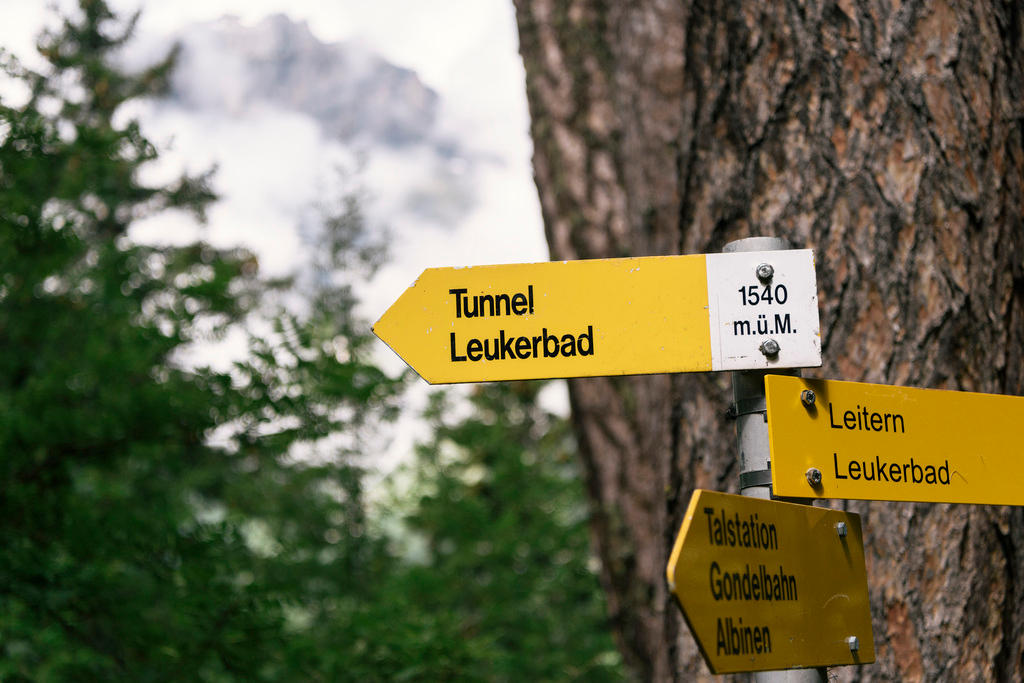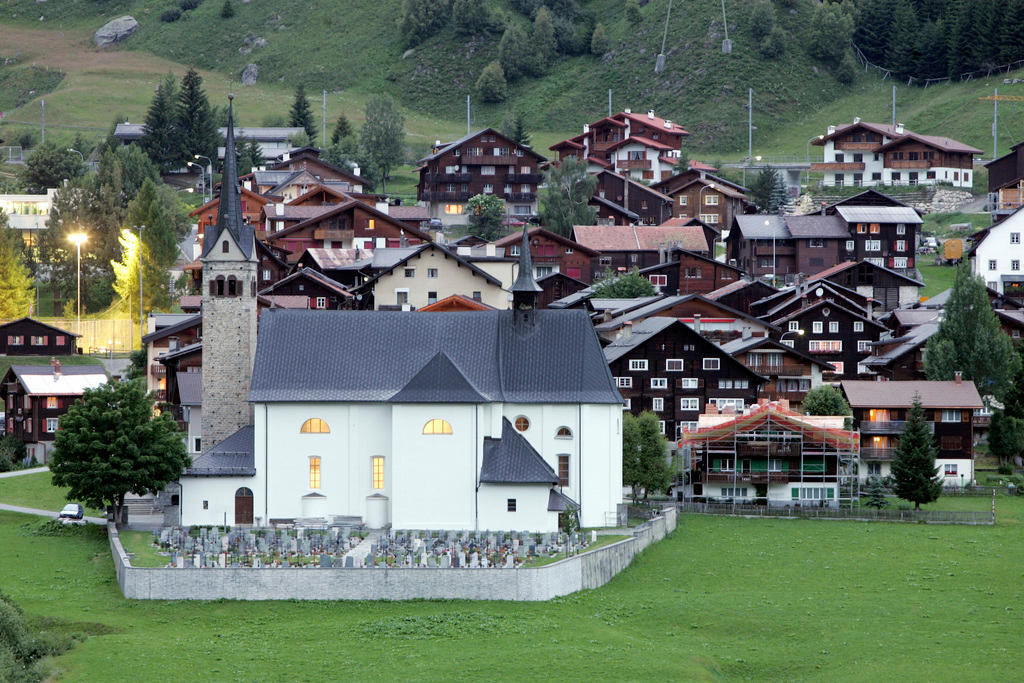
More Swiss municipalities merge in bid to survive

Municipal mergers led to the disappearance of 33 Swiss communes in 2017, according SonntagsZeitung newspaper. Another 145 municipalities have plans to merge.
Those figures reflects a broader trend towards municipal amalgamations. The past ten years witnessed the merger of 500 municipalities, the newspaper wrote, citing official statistics.
The trend is most visible in the mountain regions “where the rate of emigration has intensified once again,” according to Reto Lindegger, director of the Association of Swiss Municipalities.
To ensure their survival, smaller municipalities or communes are banding together and merging into one. Some are going even further in a bid to boost their number of residents.

More
Holidaymaker becomes village chief
Following the example of Albinen in the region of Valais, the nearby municipality of Varen is offering conditional financial assistance to anyone who moves there.
Swiss communes are the lowest administrative division of Switzerland. They are governed by their own elected representatives and often enjoy considerable discretionary powers.
Communes can decide on matters of education, health, transport and public security. They also collect all taxes.

In compliance with the JTI standards
More: SWI swissinfo.ch certified by the Journalism Trust Initiative




























You can find an overview of ongoing debates with our journalists here . Please join us!
If you want to start a conversation about a topic raised in this article or want to report factual errors, email us at english@swissinfo.ch.